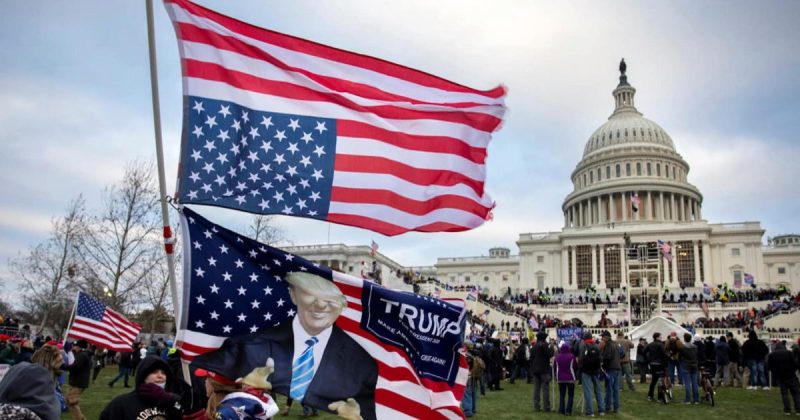
Greg Rosen, the lead prosecutor overseeing the January 6th Capitol riot cases, recently resigned from his position at the Department of Justice (DOJ). His resignation followed President Trump’s controversial pardons of several Capitol riot defendants, a decision Rosen publicly stated left him deeply shocked.
Rosen’s outspoken criticism of the pardons marks a significant development, highlighting the internal divisions and ethical concerns within the DOJ and FBI regarding the handling of these cases. He expressed concern that the pardons undermined the integrity of the investigations and sent a troubling message about accountability for those involved in the attack on the Capitol. His comments underscore the gravity of the situation and the potential long-term consequences for the rule of law.
The former prosecutor’s resignation, coupled with his public statement, has ignited further debate about the scope of presidential pardons and their impact on the justice system. Many legal experts have weighed in, expressing varying opinions on the legality and ethical implications of Trump’s actions. The controversy also raises questions about the morale and independence of federal investigators and prosecutors tasked with pursuing such high-profile cases.
The impact of these pardons extends beyond the individuals directly involved. It casts a shadow on the ongoing efforts to fully investigate and prosecute those responsible for the January 6th insurrection. This raises serious concerns about whether justice will be served and the message it sends to future potential offenders. The situation highlights a critical moment in American political history, questioning the boundaries of executive power and the pursuit of justice.
Moving forward, the implications of Rosen’s resignation and his criticism will likely continue to shape the ongoing investigations and legal battles related to the January 6th attack. The incident underscores the need for continued vigilance in safeguarding the integrity of the justice system and upholding the principles of accountability and the rule of law.










